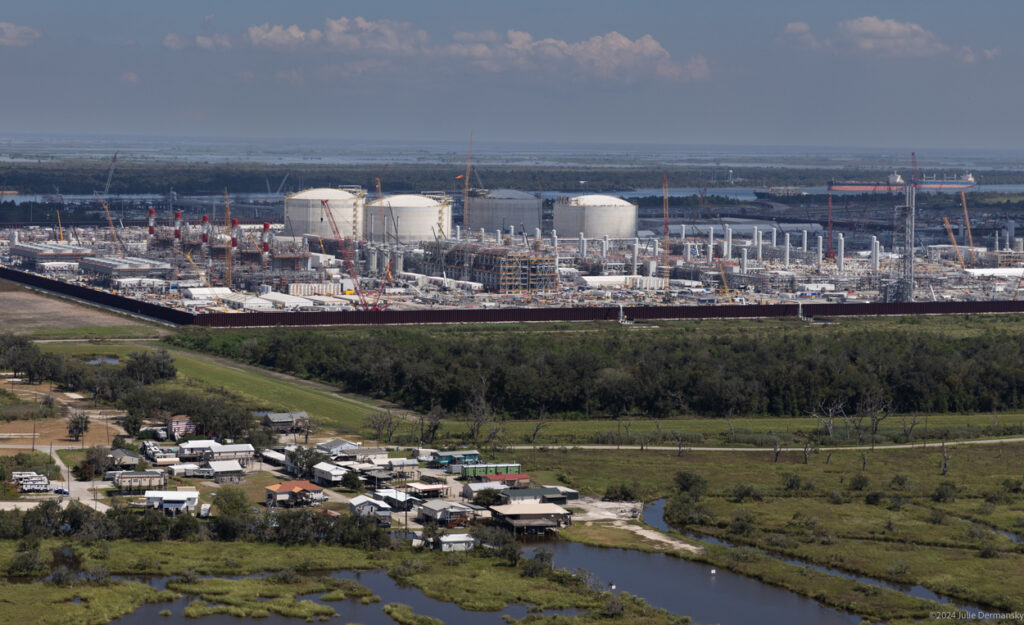
As usual a large portion of the piece is protected behind the “subscriber only” section, which is too bad because they delve way into the issue of ethanol-fueled cars, so called Flexible Fuel Vehicles (FFV‘s) and the Corporate Average Fuel Economy (CAFE) standard. For those who don’t pick up the magazine, here is quick overview.
CAFE, FFV‘s, SUV‘s and the Hummer
According to Consumer Reports: “Government support for Flexible-Fuel Engines, which can run on E85, is indirectly causing more gasoline consumption than less.” It also appears to be giving the auto-industry a nice green-wash.
The US automoblie industry is regulated by the average fuel economy of its entire fleet under the 1988 Alternative Motor Fuels Act. Under the Act, automakers must meet a Corporate Average Fuel Economy (CAFE) standard through the use of alcohol or natural gas based fuel alternatives. CAFE encourages the use of alternative fuels by dictating the minimum miles per gallon figure for an automaker’e entire fleet, which is 27.5 for cars and 21.6 for light trucks. So the idea is, that in order for a company like GM to produce the Hummer, they must produce enough small, fuel efficient cars and trucks with Flexible Fuel Vehicle (FFV) engines to offset the horrendous fuel consumption of their biggest beast. If GM were to not offset the Hummer and exceed CAFE guidlines they would be subject to a fine.
Here’s where the FFV car offers a great incentive to automakers without ever having any effect on overall fuel consumption and, in turn, no reduction on green house gas emissions. The FFV, which can run on either conventional gasoline or ethanol, is assumed under the CAFE formula to run 50% of the time on ethanol. For example, under the CAFE formula a run-of-the mill 2007 Tahoe truck would recieve a CAFE rating of 21 miles-per-gallon, but a 2007 Tahoe truck with an FFV engine would be rated at 35 mpg. The catch is that, according to Consumer Reports, there is very little ethanol fuel actually available in the US, so most FFV engines (which only cost $200 more to make than a conventional engine) will never run on ethanol fuel.
According to Consumer Reports and the Union of Concerned Scientists, in the first half of 2005, the FFV credits accrued by Detroit automobile producers allowed the automoblie industry to avoid $1.6 billion in fines they would have recieved for exceeding the maximum allowable. In other words, $1.6 billion in fines are avoided for exceeding allowable fuel consumption limits by making the incorrect, and Hummer friendly, assumption that FFV vehicles have an impact on overall fossil fuel consumption.
So if you take this Consumer Reports investigation to heart (which we never encourage) it would seem that there is a long way before ethanol fuel becomes the answer to our climate change woes. In the meantime, the Terence Corcorans of the world can take heart that ethanol-friendly engines are helping keep the Hummer on the road and the automakers from taking an real action to reduce our reliance on carbon emitting fossil fuel.
Subscribe to our newsletter
Stay up to date with DeSmog news and alerts






